
Hungarian Prime Minister Viktor Orbán has allegedly instructed his three ministers to examine the consequences of leaving the International Criminal Court (ICC), with a particular focus on the implications for the European Union. This decision is likely prompted by the ICC Chief Prosecutor’s request in May for the issuance of an arrest warrant for Israeli Prime Minister Benjamin Netanyahu.
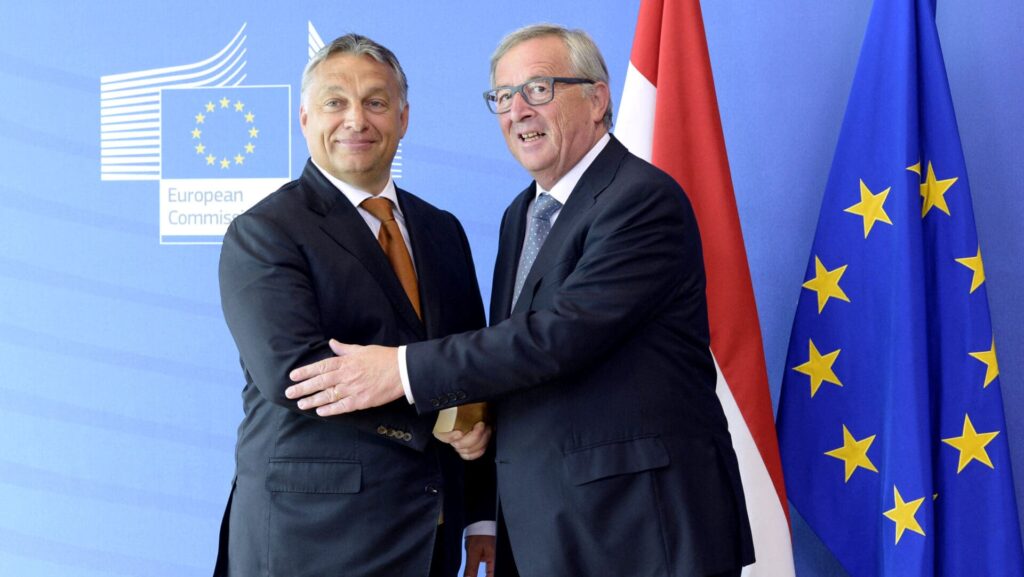
According to former European Commission President Jean-Claude Juncker, Hungarian Prime Minister Viktor Orbán aims to create ‘maximum discomfort’ for the new European Parliament with his newly established right-wing alliance, Patriots for Europe. Juncker harshly criticized the Hungarian PM as well as former US President Donald Trump in an interview with POLITICO.
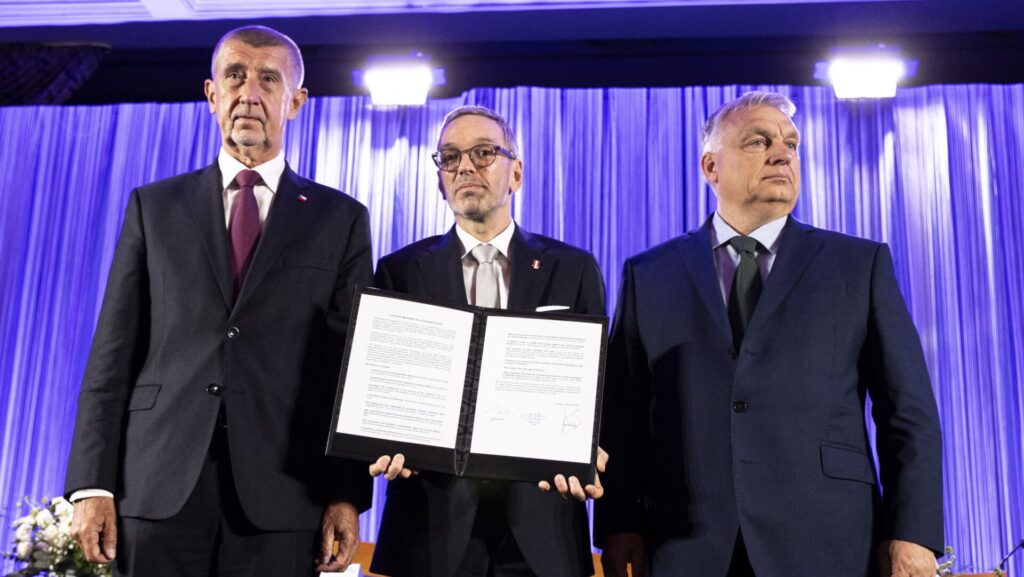
By Wednesday evening it became clear that the Polish Law and Justice (PiS) party would not join Hungarian Prime Minister Viktor Orbán’s new right-wing alliance, Patriots for Europe. Meanwhile, Marine Le Pen’s National Rally (RN) party is showing a growing willingness to do so, which could set off an avalanche of changes from which Orbán could only emerge victorious.

US Ambassador to Hungary David Pressman first praised Hungarian Prime Minister Viktor Orbán for his trip to Kyiv, then harshly criticized him for ‘overtly and tirelessly’ supporting Donald Trump in the US presidential election race. According to Pressman, the partisan politicization of bilateral relations is dangerous and detrimental to the US– Hungarian relationship.
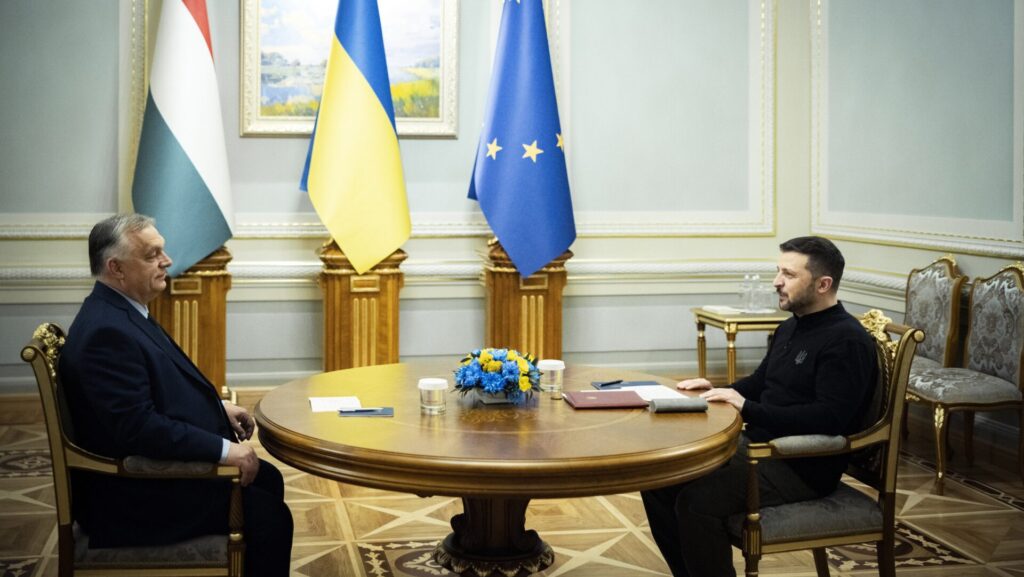
According to press reports, Ukrainian President Volodymyr Zelenskyy dismissed Hungarian Prime Minister Orbán’s proposal for a time-bound ceasefire in Ukraine. However, Zelenskyy praised the start of ‘completely different relations’ between Hungary and Ukraine, which could soon be formalized in a new agreement between the two countries.
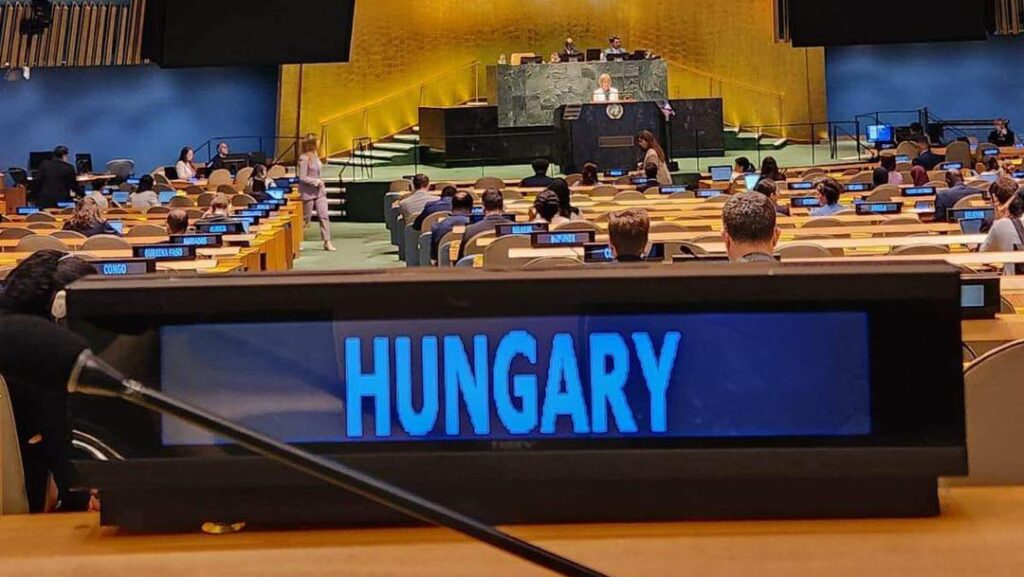
The UN General Assembly adopted a resolution initiated by Hungary by full consensus to declare 19 May World Fair Play Day. Hungarian Minister of Foreign Affairs and Trade Péter Szijjártó called the negotiation process a huge success, resulting in a global coalition.
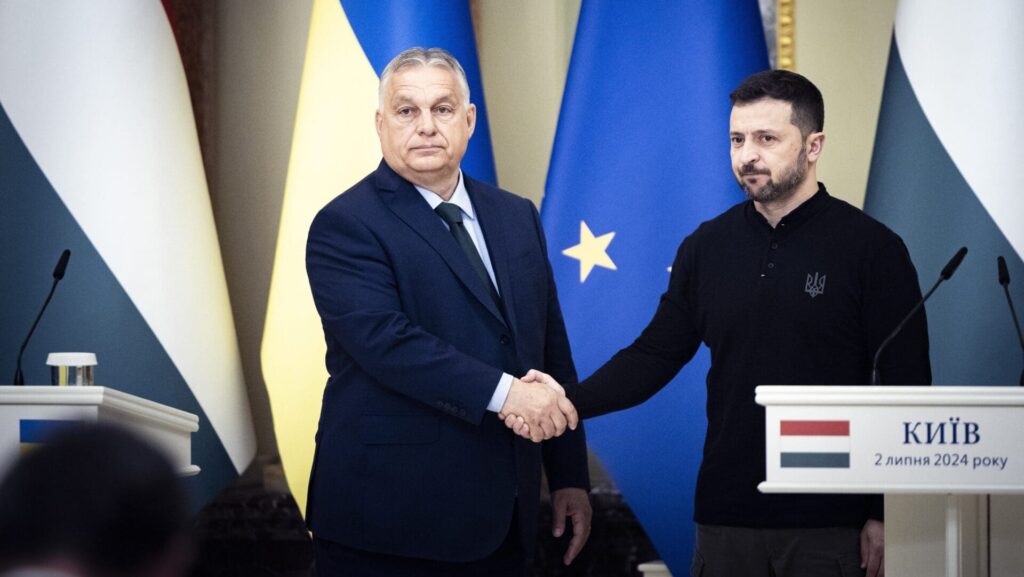
Hungarian Prime Minister Viktor Orbán asked Ukrainian President Volodymyr Zelenskyy to consider a time-bound ceasefire during talks in Kyiv on Tuesday. The two leaders discussed contentious issues between their countries, both described the meeting as constructive.
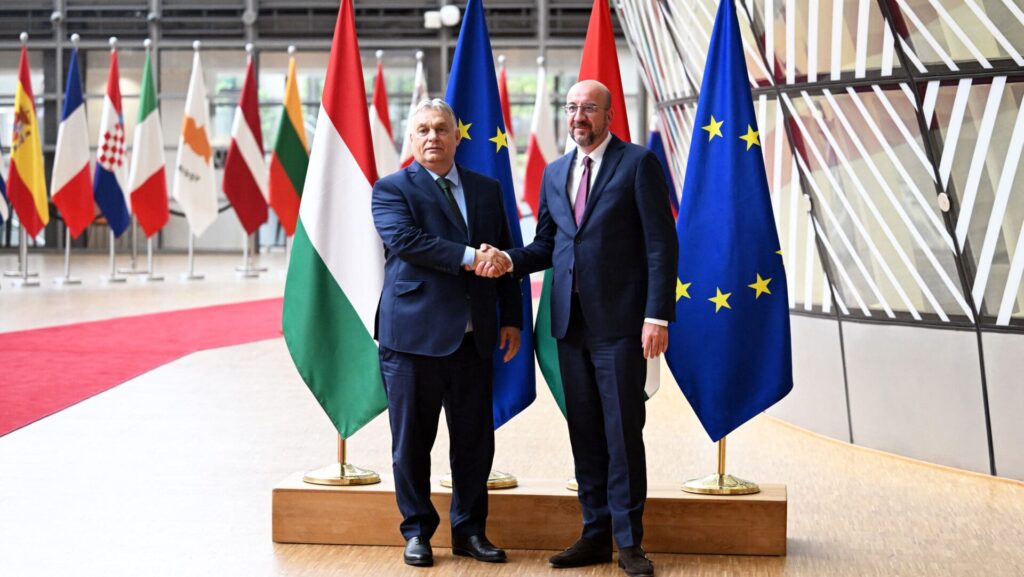
‘Hungary is preparing for an exceptionally active EU Presidency,’ Hungarian Prime Minister Viktor Orbán notes in an opinion piece published by the Financial Times. In the article Orbán outlines the priorities of the Hungarian EU Presidency, with a particular focus on boosting European competitiveness.

‘Within the current regime, human rights are too profitable and entrenched for many influential entities to support significant reforms,’ Jonathan Price, Research Associate at Oxford University highlighted in an interview with Hungarian Conservative.
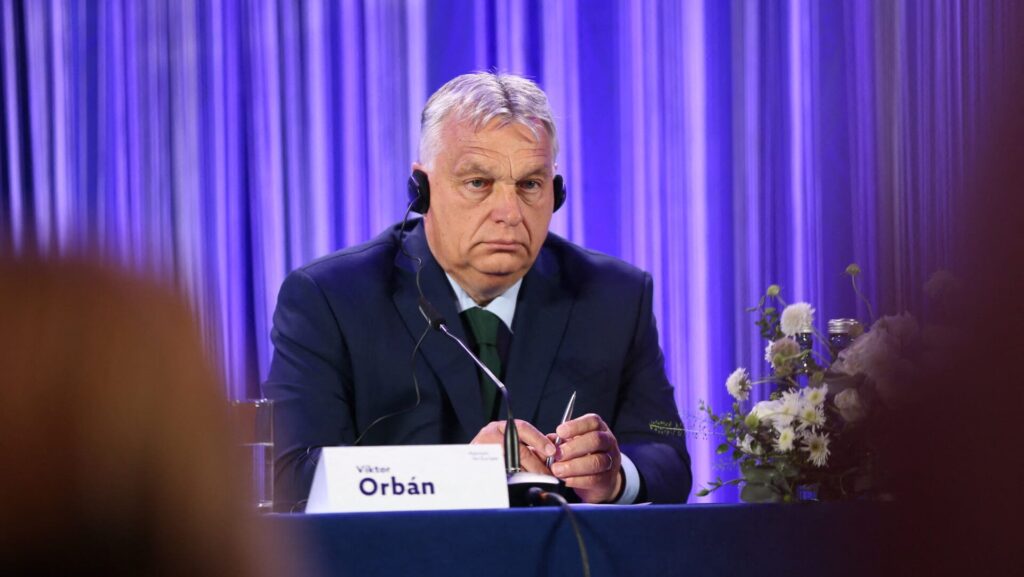
‘Patriots for Europe will, within days, become the largest right-wing political group in the European Parliament,’ Hungarian Prime Minister Viktor Orbán stated in Vienna on Sunday. In our analysis we look at which parties could join the newly formed alliance.
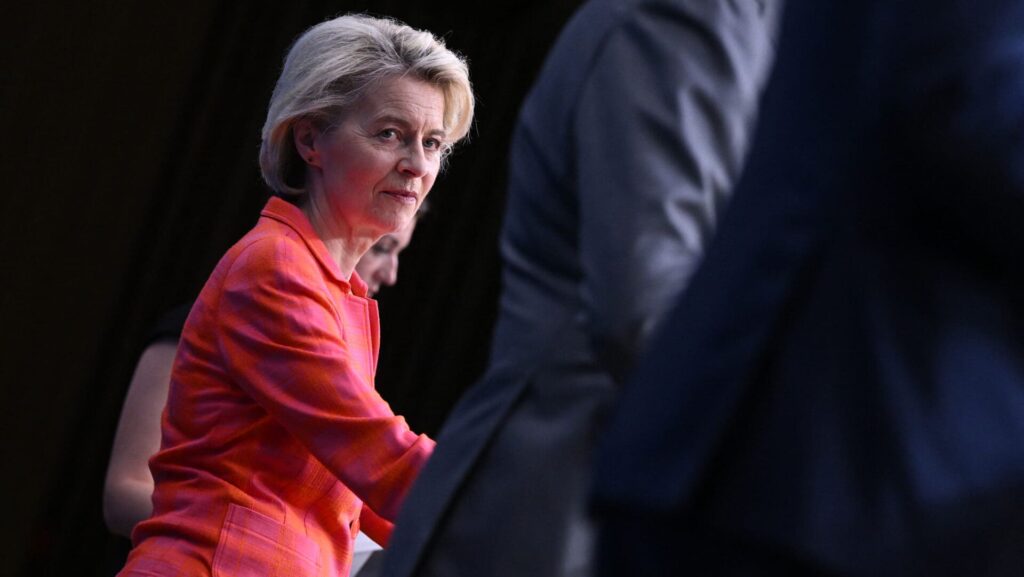
After late-night talks, EU leaders have decided on the top jobs of the EU, with Ursula von der Leyen preparing for a second term as President of the European Commission, Estonian Prime Minister Kaja Kallas as the EU High Representative for Foreign Affairs and Security Policy, and former Portuguese Prime Minister António Costa as President of the European Council. Hungarian Prime Minister Viktor Orbán criticized the pact between the EPP, S&D, and Renew, which disregards the will of the voters, calling it a ‘coalition of lies and deceit’.

In a recent article, POLITICO Brussels criticizes Hungary for its close economic ties with China but fails to mention that one of the main sponsors of Euro 2024 in Germany is the Chinese company BYD. In fact, the number one trading partner of the host Germans in 2023 was none other than China.
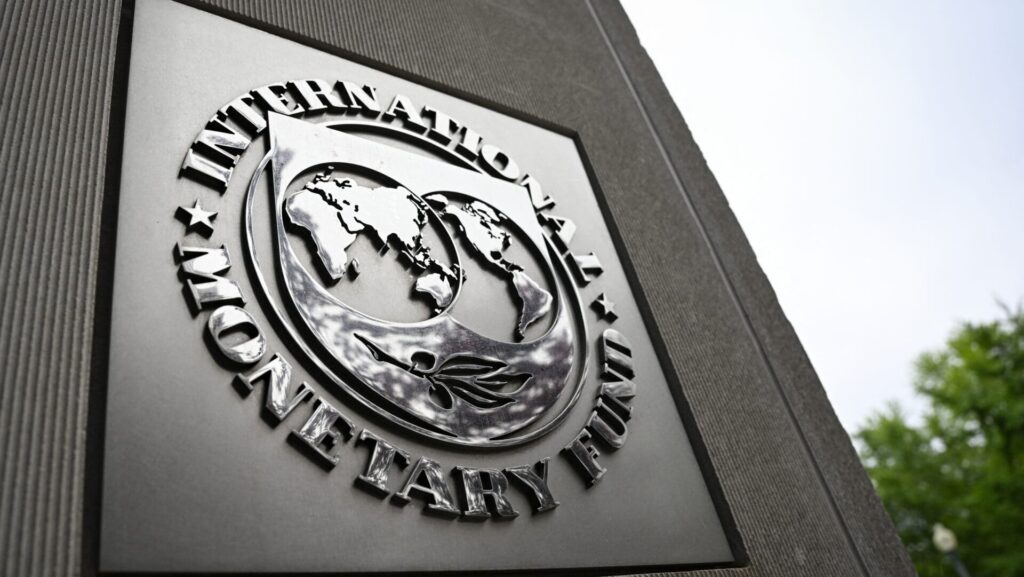
In its country report on Hungary, the IMF proposes the same measures to ‘recover’ the Hungarian economy that brought the country to the brink of collapse in 2008. In his Facebook post, Balázs Orbán stressed: ‘We won’t ask for it again, thank you!’

Nearly three weeks after the European elections, it remains unclear which right-wing political group the Hungarian governing party, Fidesz, will join in the new European Parliament. In this analysis, we examine the possible alternatives and attempt to answer this question.
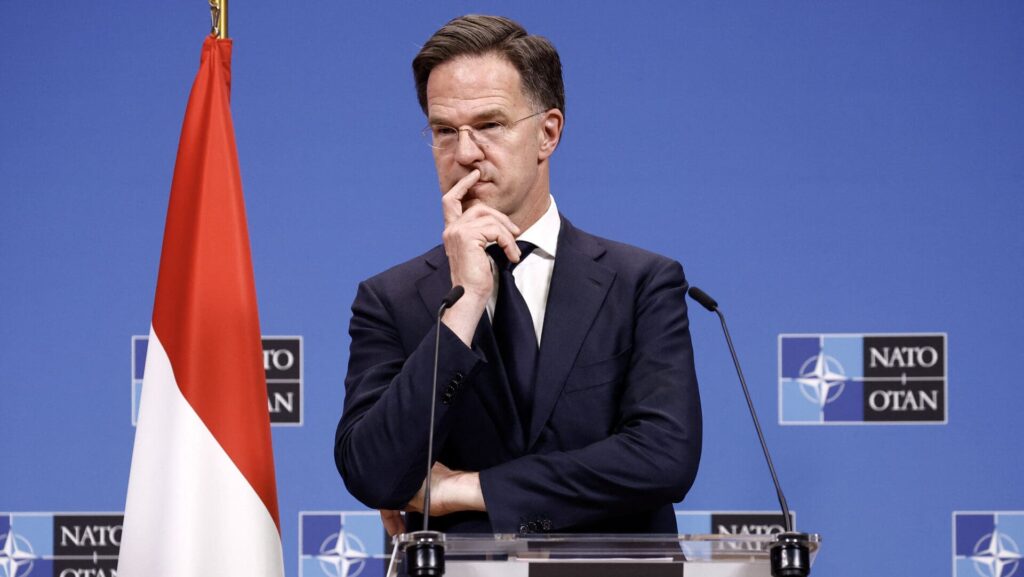
After ten years, NATO will have a new Secretary General: outgoing Dutch Prime Minister Mark Rutte. As head of government, Rutte has often criticised Hungary, but he has promised to honour the agreement between Viktor Orbán and Jens Stoltenberg that Hungary will stay out of NATO’s mission in Ukraine.

Mattia Zaccagni’s last-minute banger gave the Hungarian national team a better chance of qualifying for the knockout stages of the European Championship in Germany. If England beat Slovenia tonight, the Hungarian team will advance to the last 16 of the continental tournament.
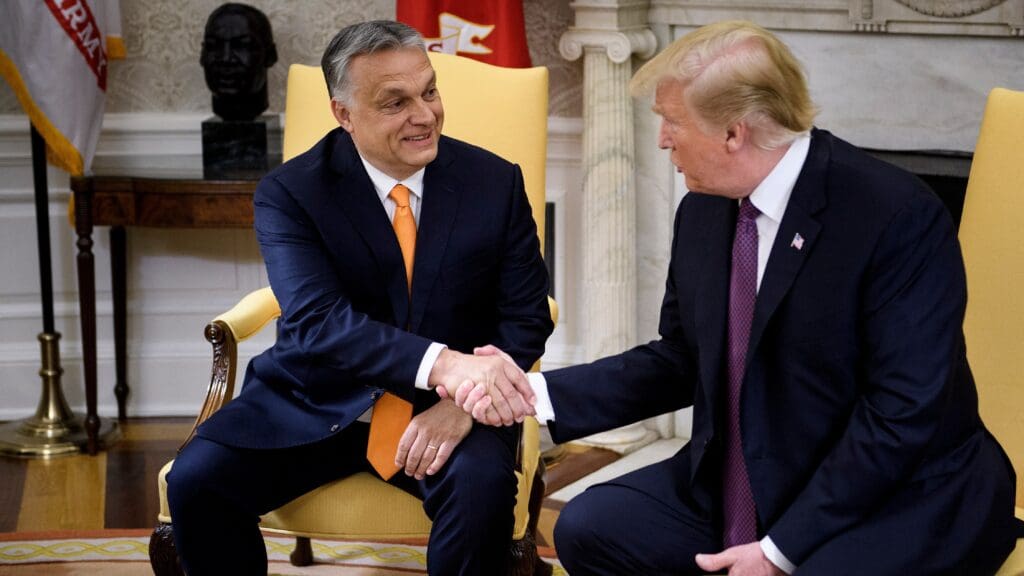
‘If we Europeans want to keep up with the Americans, we Europeans must become great again,’ Hungarian Prime Minister Viktor Orbán emphasized in an interview with German newspaper Berliner Morgenpost. PM Orbán also praised former US President Donald Trump for his pro-peace stance regarding the war in Ukraine, and spoke about his beloved sport, football, as well.
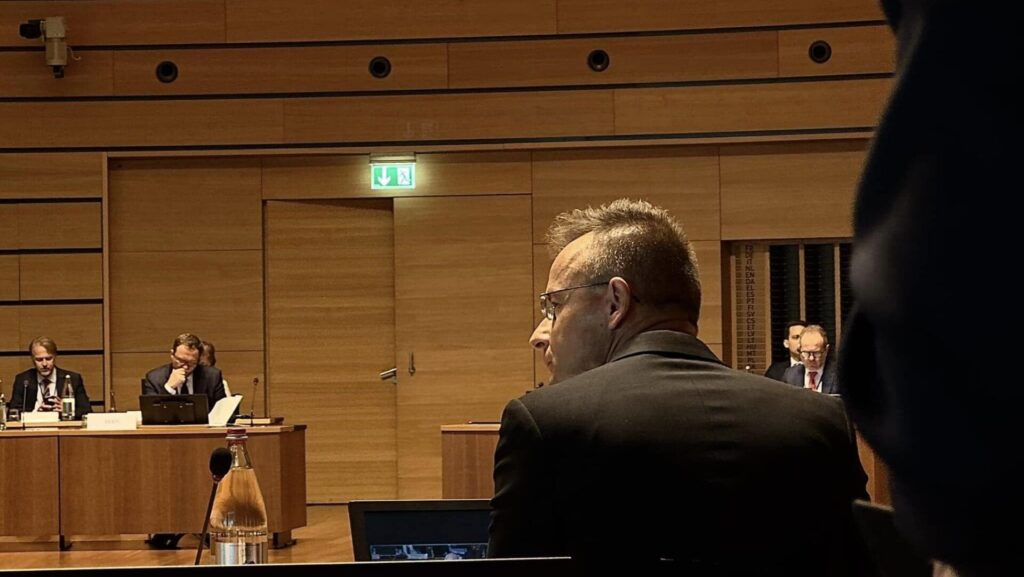
The European Union will support arms shipments to Ukraine using a portion of the frozen Russian assets. The foreign ministers of the Member States decided on this issue on Monday, excluding Hungary from the decision-making process. Hungarian Minister of Foreign Affairs and Trade Péter Szijjártó described the decision as a ‘shameless disregard of European rules’.

Pro-Palestinian gender studies students disrupted the graduation ceremony of the Central European University (CEU) in Vienna. The students accused the university administration of supporting the genocide allegedly perpetrated by Israel. These events mirrored the pro-Palestinian protests observed on US campuses.
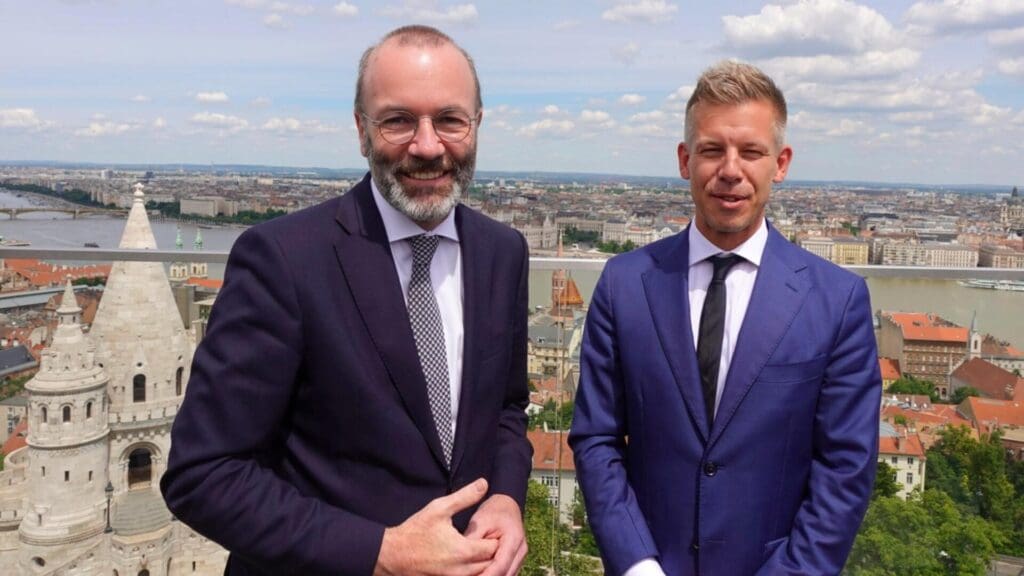
Manfred Weber, President of the European People’s Party, stated that the door is open for new opposition leader Péter Magyar’s party to join the European Parliamentary political group, but that he is not the sole decision-maker. The Hungarian Christian Democratic People’s Party (KDNP) has announced that it will leave the EPP if the Tisza party joins the group.

After being elected to the European Parliament, Italian Antifa Ilaria Salis walked free on 14 June, as Hungarian police released her from house arrest due to the immunity granted to MEPs. This news is both outrageous and terrifying, given the devastation Salis and her associates are believed to have caused, destroying the lives of innocent people in Budapest.
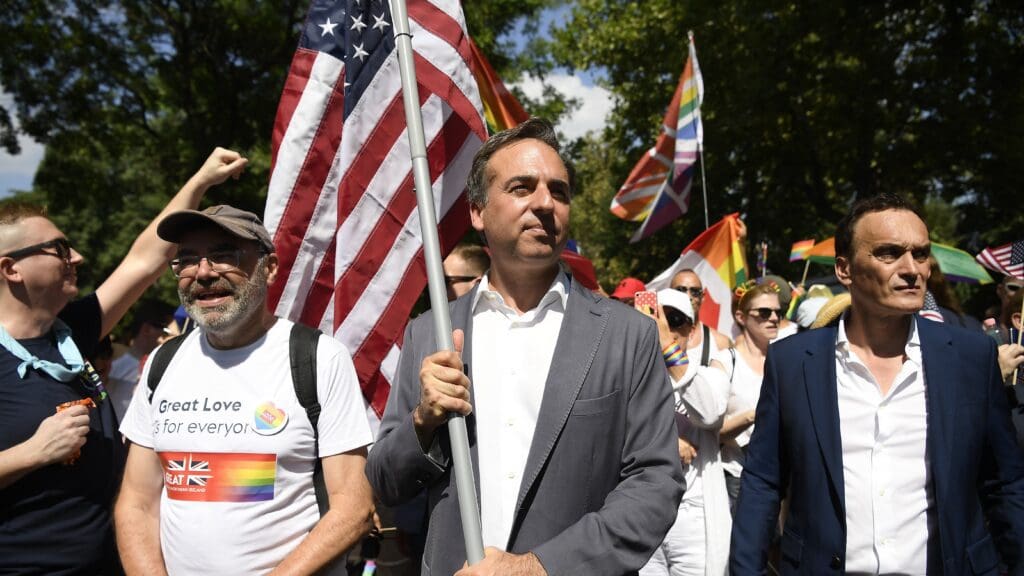
US Ambassador David Pressman is being true to his own self: in a recent interview he accused the Hungarian government of lying, stating that during the campaign before the European Parliament elections, government politicians falsely claimed that NATO would drag Hungary into the war in Ukraine.

‘If everyone agrees on everything, it presents a strange vision of a democratic society,’ remarked German journalist Ralf Schuler during the launch event of his latest book, published in Hungarian by the Center for Fundamental Rights. The book delves into the themes and perils of the herd mentality that is increasingly prevalent in Western societies, drawing comparisons with the era of socialism.
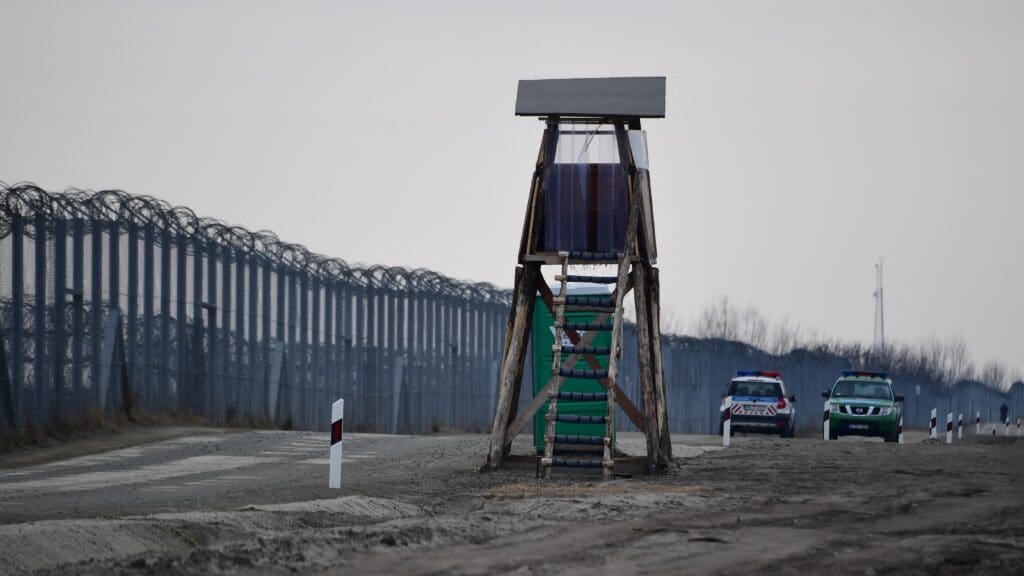
The European Court of Justice has ordered Hungary to pay €200 million for ‘failing to respect’ EU law regarding procedures for granting international protection and returning illegally staying non-EU nationals. Hungarian Prime Minister Viktor Orbán called the decision outrageous and unacceptable.

The European Commission is planning to impose unprecedentedly high punitive tariffs on all-electric cars imported from China. The plan has elicited strong objections from several member states, including Germany and Hungary.
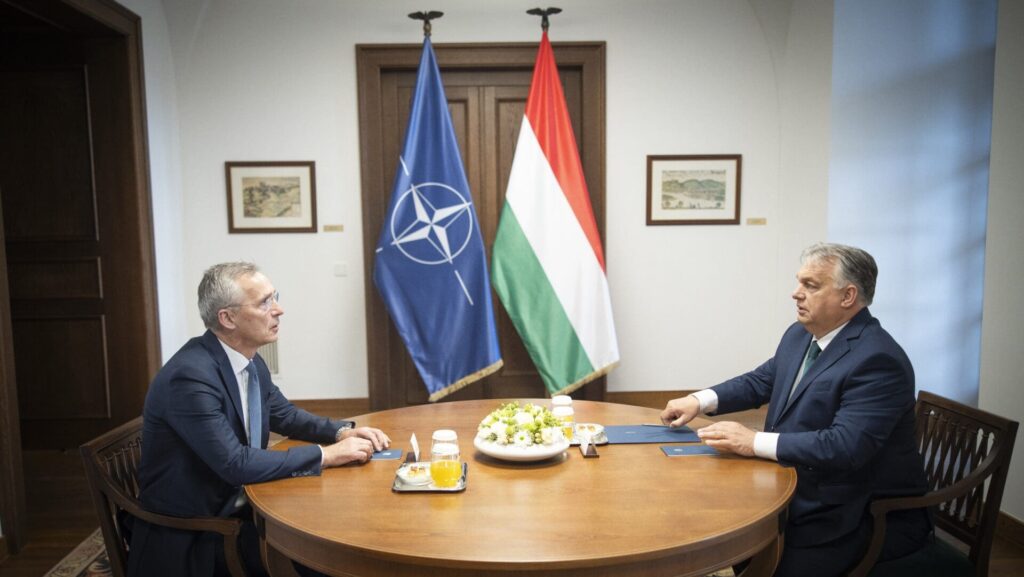
Hungary has received assurances from NATO Secretary General Jens Stoltenberg that it will not have to participate in military action outside its territory. Stoltenberg and Viktor Orbán held talks in Budapest on Wednesday, during which, in addition to discussing the war, Hungary’s significant contribution to the functioning of the defence alliance was also highlighted.

One of the main priorities of the Hungarian EU Presidency, which starts in July, is to increase the EU’s competitiveness. Preparations are already well underway, and on Tuesday, Hungarian Prime Minister Viktor Orbán met with the leaders of the European Roundtable for Industry to gather their advice and develop an effective Hungarian programme.
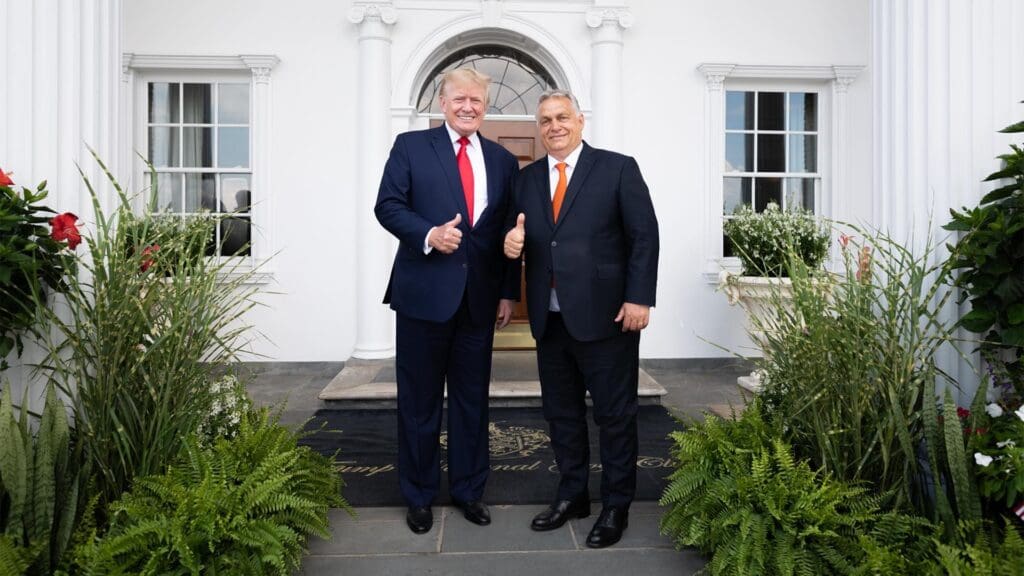
‘We won the first half, 1–0 here. Now, let’s wait for Donald Trump to bring in the second half,’ Hungarian Prime Minister Viktor Orbán said in a humorous tone during an interview with M1 public television as he assessed the results of Sunday’s European Parliament and local elections. PM Orbán emphasized that Fidesz defeated both the old and new opposition simultaneously, which he considers a particularly valuable outcome.
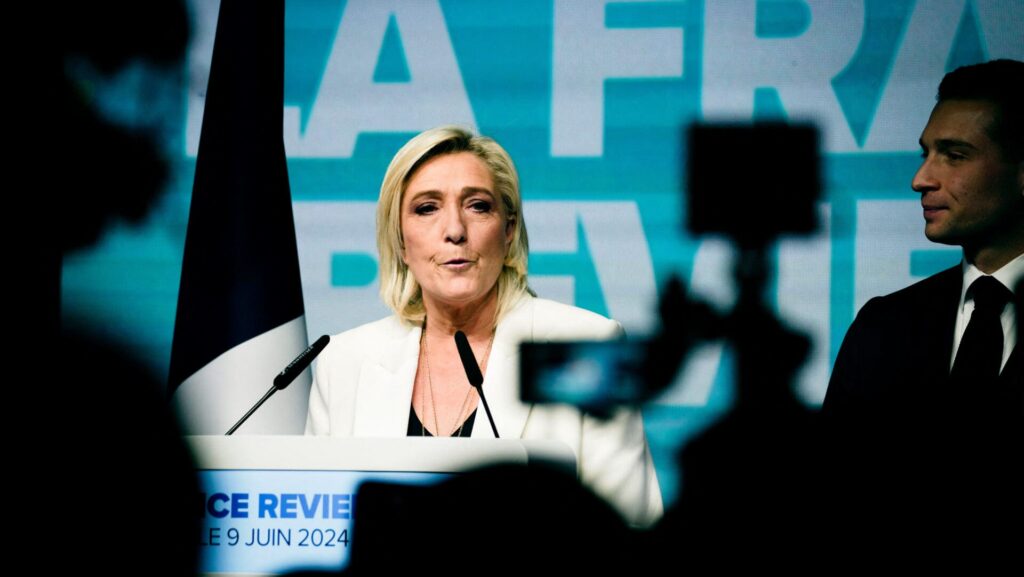
Snap elections in France, the Belgian Prime Minister resigning, and the German coalition government in turmoil—all happening in the wake of the European elections. Even though the elections, billed as crucial, did not bring the right-wing turnaround many had hoped for, the right-wing parties, almost without exception, performed well, causing panic among the liberal elite in Western Europe.
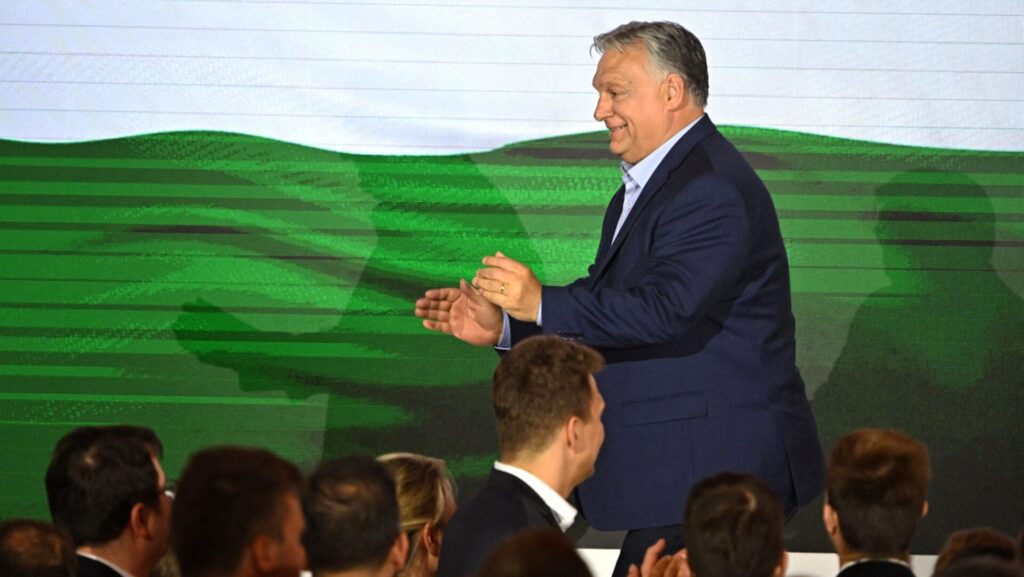
On Sunday, Hungarians went to the polls in an atmosphere of heightened emotions. The day after the election that saw a record turnout several conclusions can be drawn: the traditional left has nearly disappeared, anti-Hungarian conduct in the EP has been punished by voters, and Fidesz remains by far the strongest party. However, there are still many unanswered questions, especially regarding the next steps of the newcomer Tisza party.

Hungarian Conservative is a quarterly magazine on contemporary political, philosophical and cultural issues from a conservative perspective.